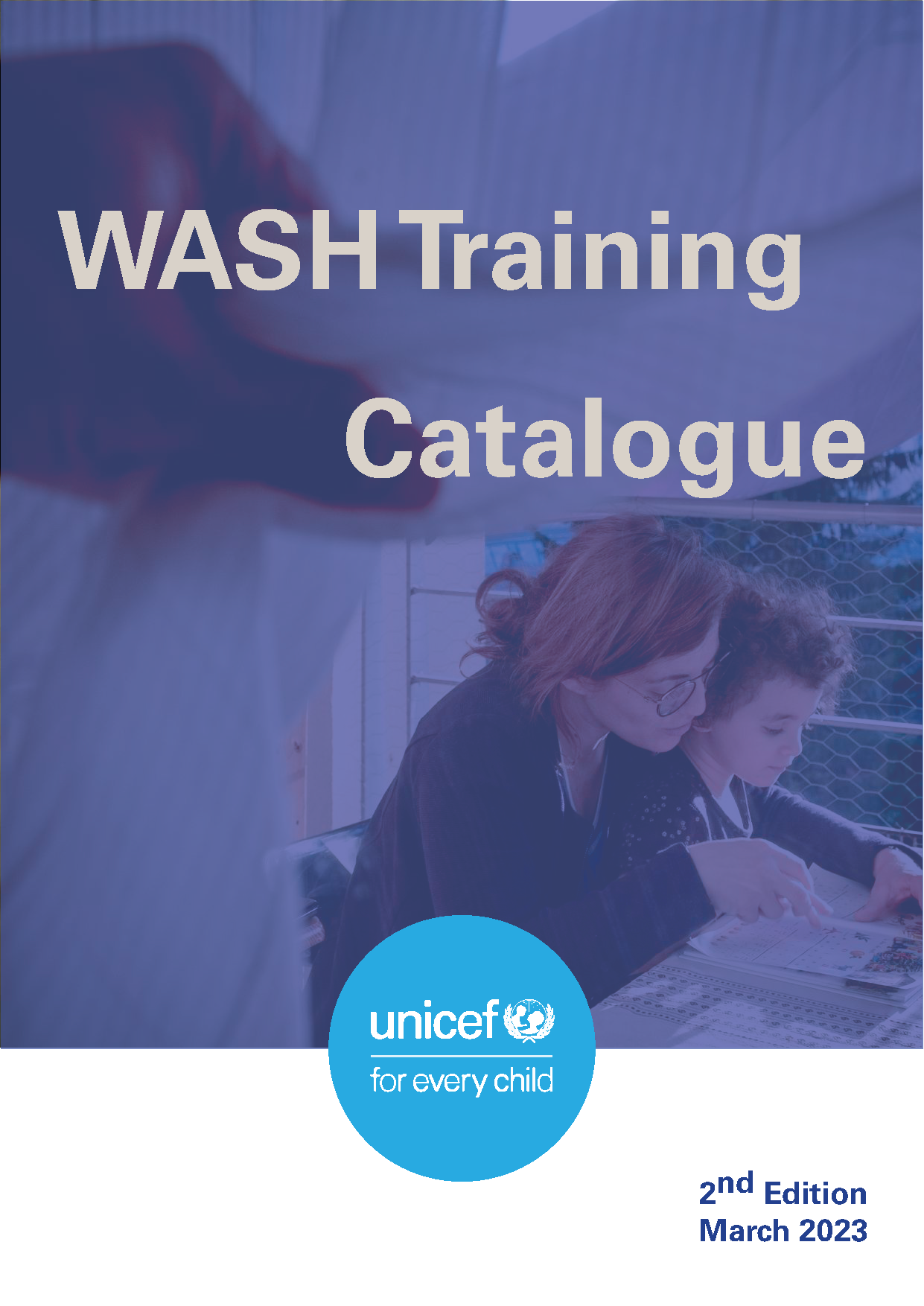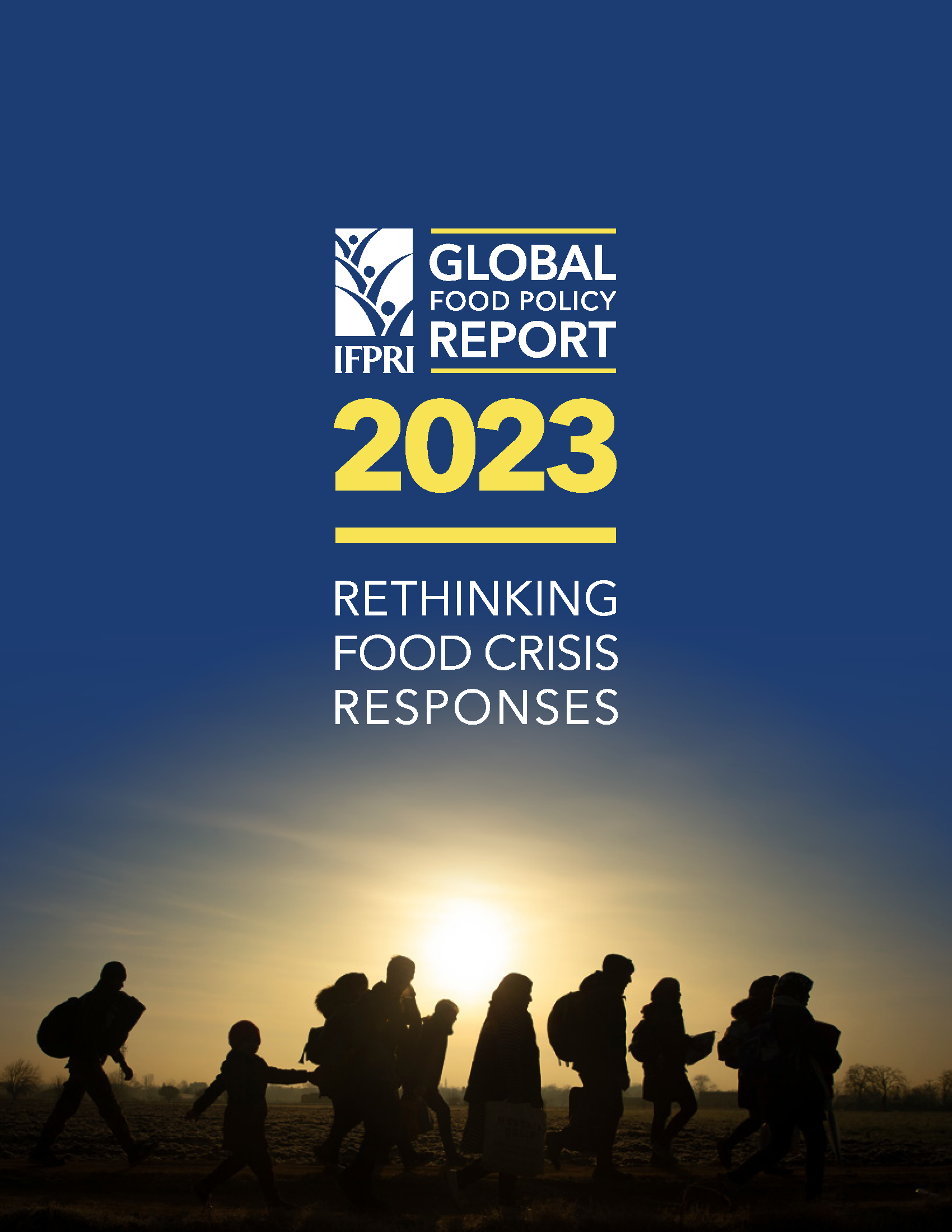RKSM Interactive Sessions
What is HDP coherence? RKSM in the Horn RKSM Agenda Venue & Logistics Skills Building Workshops Meet the Organizers Agenda Please click the following links to access session descriptions. Day 1 Sessions Day 2 Sessions Day 3 Sessions The RKSM will offer a mix of plenary and small group sessions. Interactive sessions will run under five themes: Joint Planning: Practical ways to join up humanitarian, peace, and development program design and planning at a field level; Collective Impact: Proven approaches to Sequence, Layer, and Integrate (SLI) to address the food crisis; Improved Monitoring, Evaluation, and Learning (MEL) for HDP Coherence


